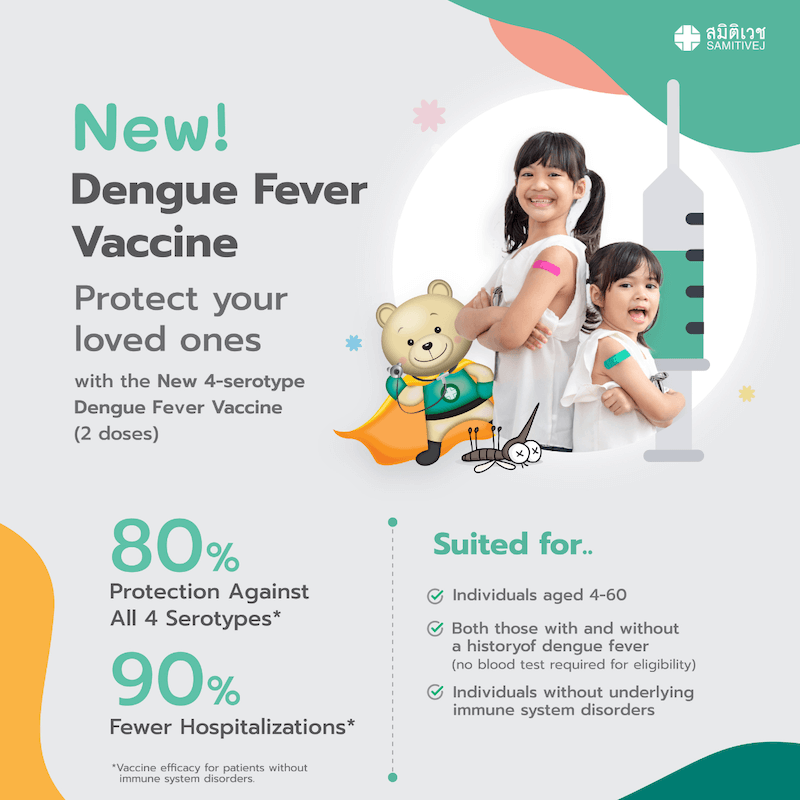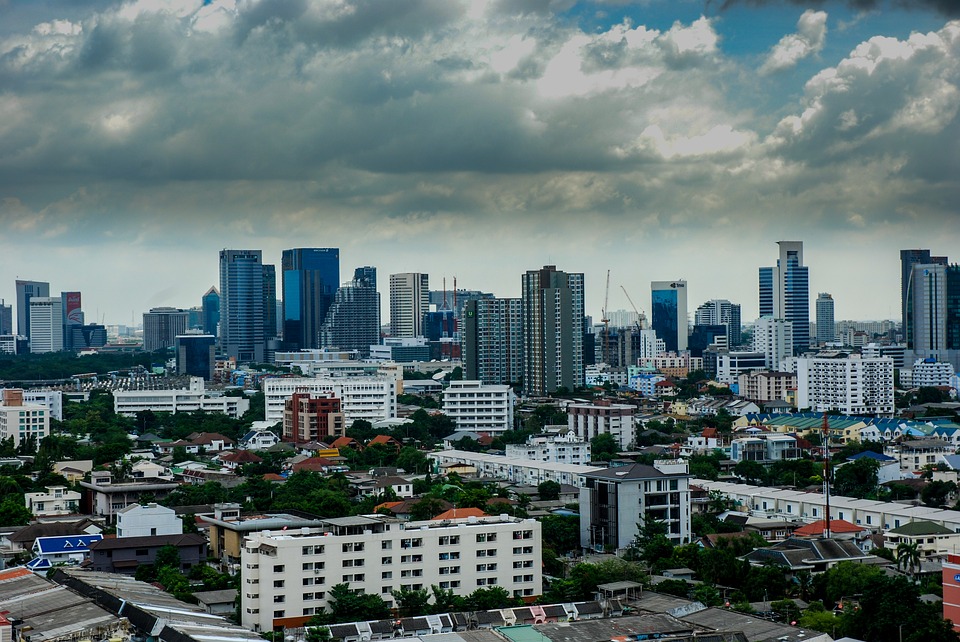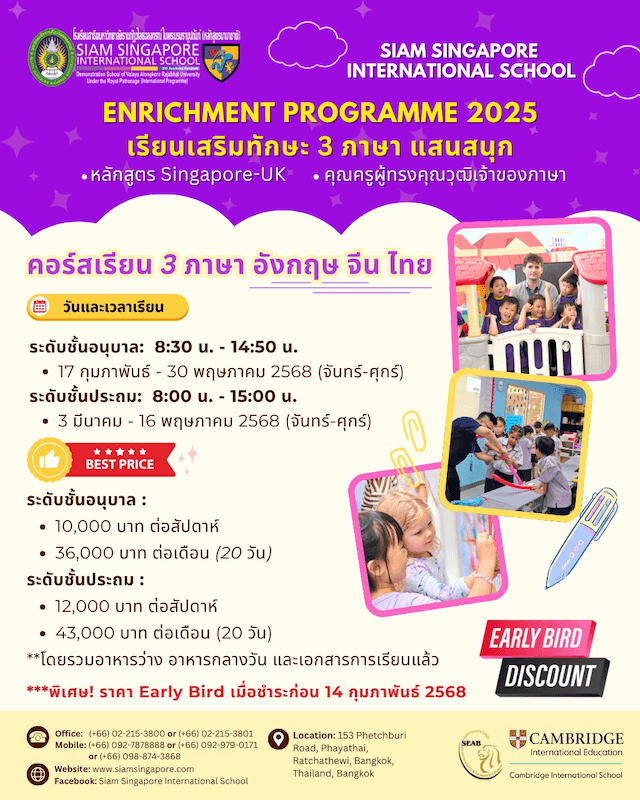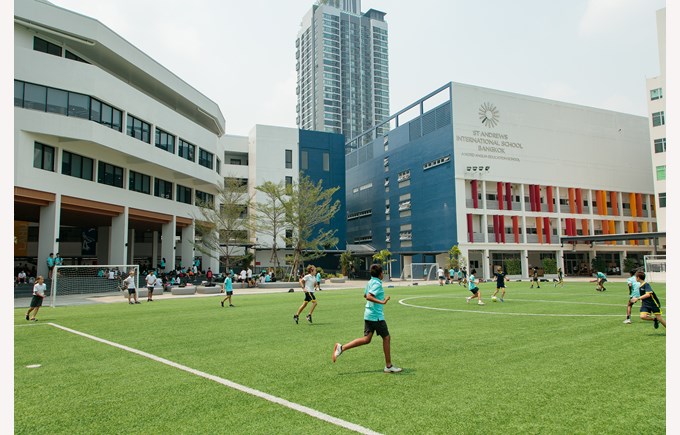It can be difficult to protect your own health and your children’s health at any time of year but the challenge becomes even more daunting during the Thai rainy season. The mixture of warm temperatures and wet weather creates breeding grounds for germs, infections and other unpleasantness.
Here’s some useful information about why you get more coughs and colds during the rainy season, and Dr Donna’s tips on how to stay healthy this rainy season:
Why You Get More Coughs, Colds and Flu in Rainy Season
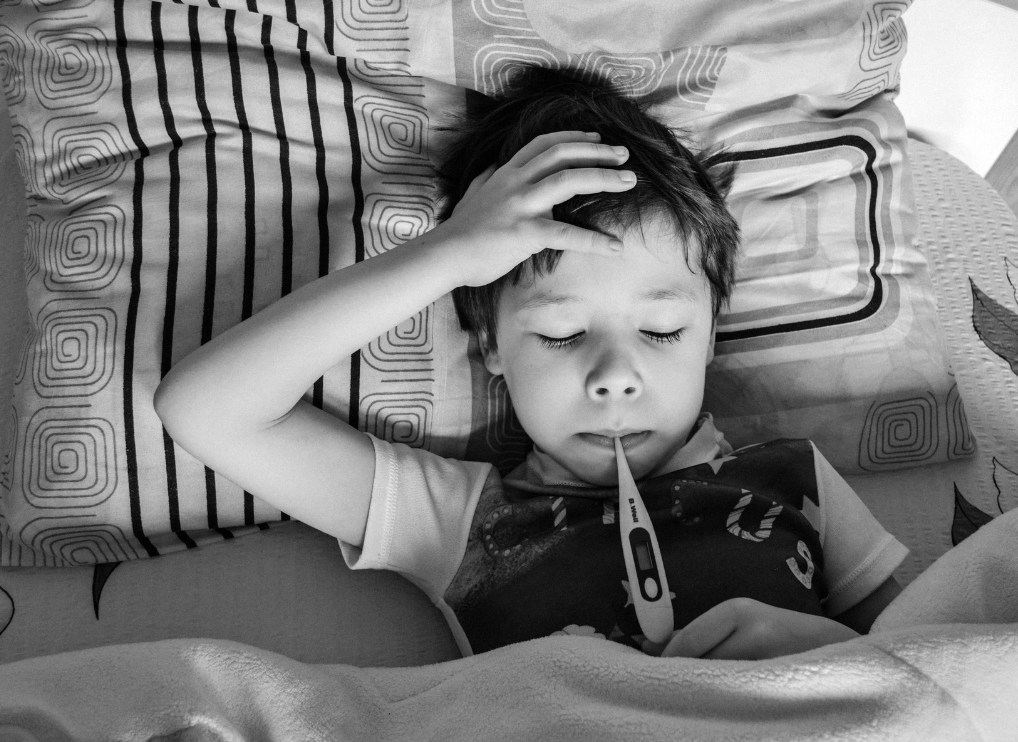
It’s no coincidence that rainy season coincides with cold, cough and flu season in Thailand. When everything gets and stays wet, it’s easier for germs to thrive, grow and be passed more easily from one person to another. When it’s raining, we often use our hands to wipe rain off our faces and then use our hands to touch, well, everything. Be sure to wash your hands and face thoroughly when you get home from being outdoors.
Though influenza is a virus and, in some people’s minds, should not be dependent on a season, no one can argue with the fact that there is more incidence of flu during rainy season. Thailand’s flu season is May to October.
Also, research has shown that flu might occur more often during wet seasons because people spend more time breathing recycled – and germ-ridden – air, and have less sunshine exposure. Lack of vitamin D is known to lead to a compromised immune system and lowered ability to fight off viruses.
Bad Bacteria: Leptospirosis
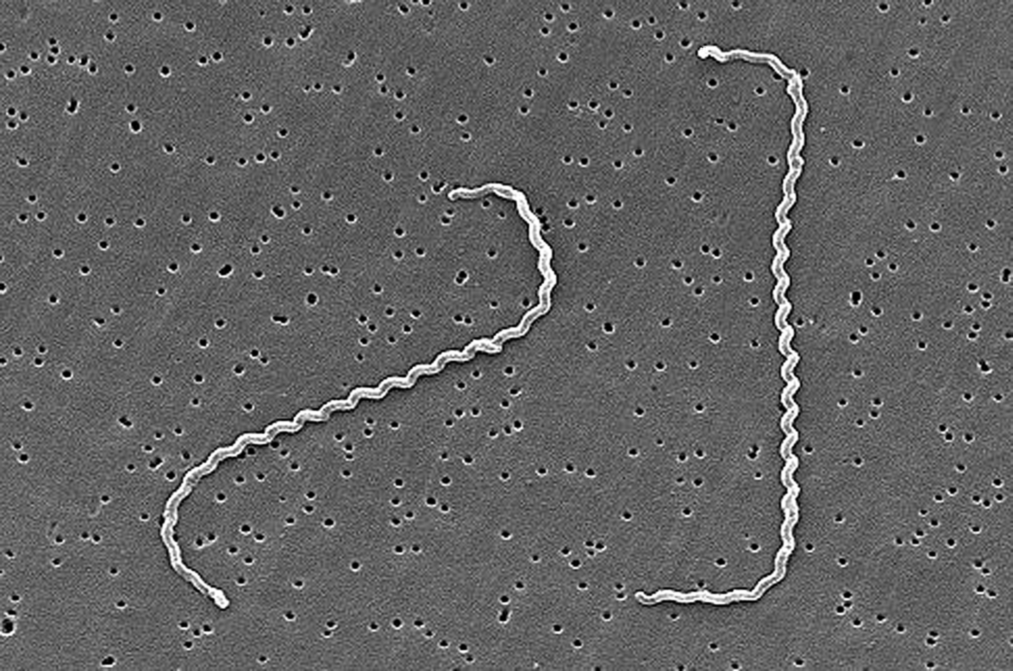
Leptospirosis is caused by bacteria that are spread via the urine of infected animals, the rat being the main carrier of the disease. It is more common during rainy season. The infection is contracted through contact with contaminated water and enters through skin abrasions and the nose, mouth and eyes. Leptospirosis can cause fever and a general feeling of unwellness.
The way to protect yourself is to stay as dry as possible and to immediately remove wet clothes and shoes when you get indoors. Washing wet hands, feet and face is also key to your health. If you think you may have been exposed, call your doctor. Leptospirosis is serious and, if left untreated, could lead to complications and long-term organ damage.
What You Can Do to Stay Healthy
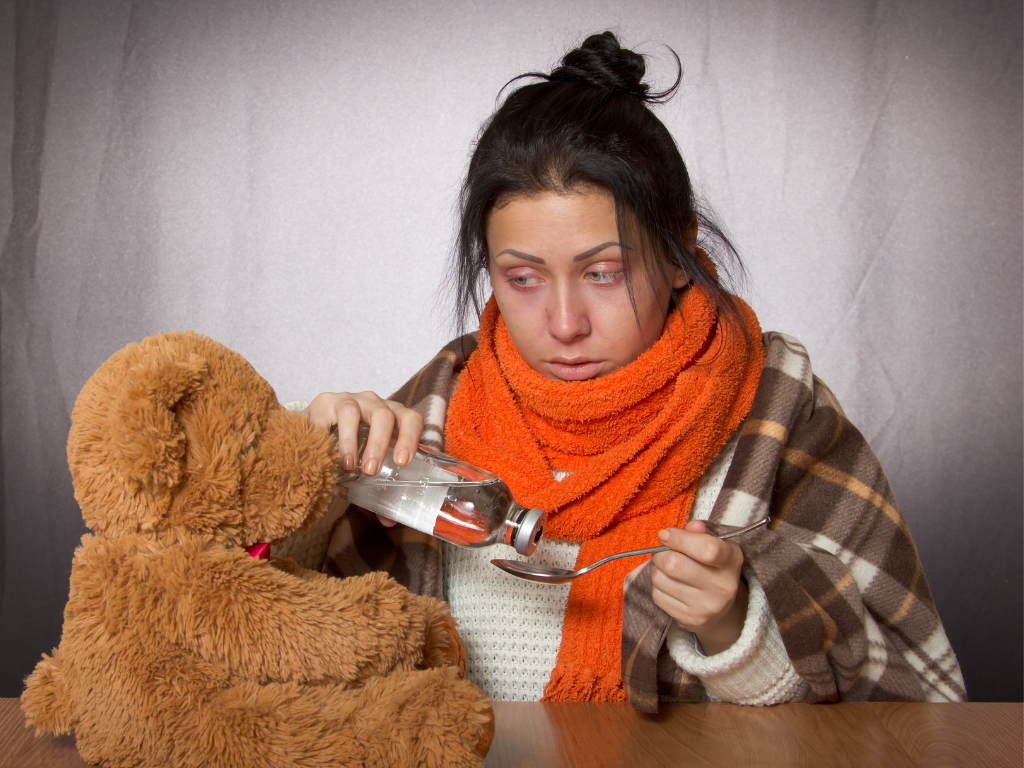
1. Gear Up
The more wet you get, the more exposure you can have to germs and bacteria. The only way to avoid getting wet is to stay home when it’s raining. When that’s not possible, cover yourself as much as you can with a proper raincoat, boots and umbrella.
2. Be Careful of Puddles
Splashing in puddles is fun for kids but this should be avoided in Thailand’s rainy season. Sitting water can contain mosquitoes and their larvae, germs and harmful bacteria such as Leptospira. Dirty puddles can contain sewage and water-borne diseases such as diarrhea, cholera and fungal skin infections. Walk around puddles rather than stepping in them if possible.
Mosquitoes are always a pain but take even more precaution from being bitten in rainy season. Their population tends to increase due to more sitting water – i.e., pools of water that are a prime place for them to lay their eggs. Mosquitoes can carry Dengue Fever and other infectious viruses.
Don’t allow water to stagnate in flower pots, garbage cans or ditches around your home. Wear an all-natural mosquito repellant if you will be in a very buggy area such as beside a swamp, lake or pond.
4. Make Sure Your Family’s Vaccinations are Up-to-Date
Dr. Donna notes that the important vaccination during rainy season is the Influenza (flu) vaccine. Other vaccinations which are recommended are the Japanese Encephalitis vaccine, Typhoid vaccine and Hepatitis A vaccine. The Dengue vaccine is available now at MedConsult but is currently only recommended to individuals who have had Dengue already in the past (to avoid contracting Dengue for a second time).
5. When it’s Not Raining, Get Outdoors and Have Fun!
It’s important to remember to promote keeping healthy and active outdoors when it’s not raining! Make the most of the hours where the sun is shining by visiting the increasing number of parks, green spaces and outdoor areas in Bangkok.
For more info, please contact Dr. Donna Robinson, General Practitioner, MedConsult Clinic:
Tel: 02-018-7855
Clinic Mobile: 092-269-4368
Address: The Racquet Club, 8 Sukhumvit Soi 49/9, Floor 3, Building 2
Email: info@medconsultasia.com
Website: www.medconsultasia.com
Facebook: MedConsultClinicAsia
Clinic Hours: Monday-Friday 08.00-18.00, Saturday: 08.00-14.00
Register your email address here and we’ll notify you when new articles get uploaded.



